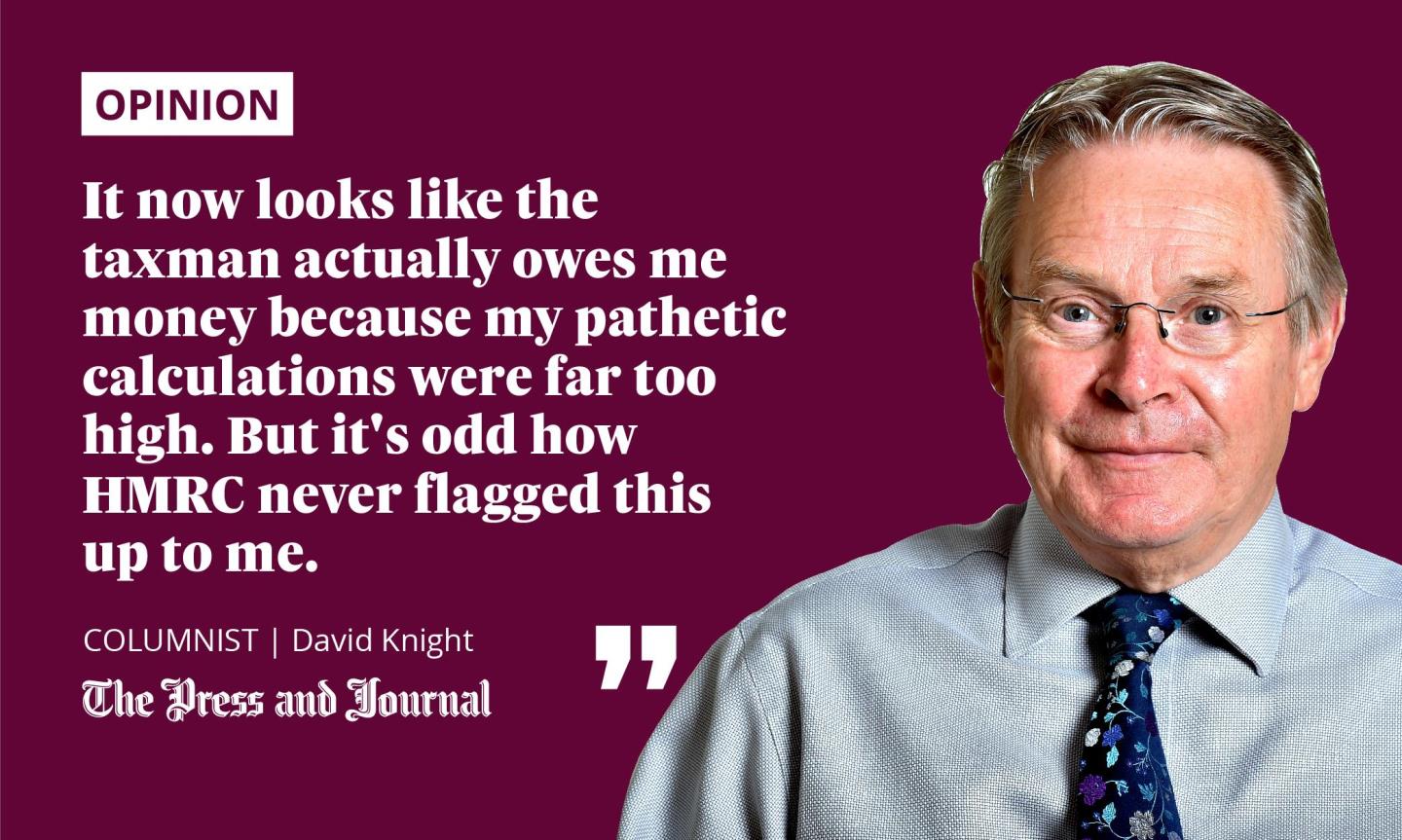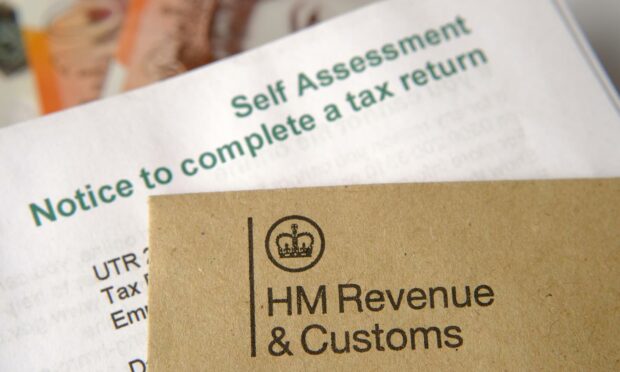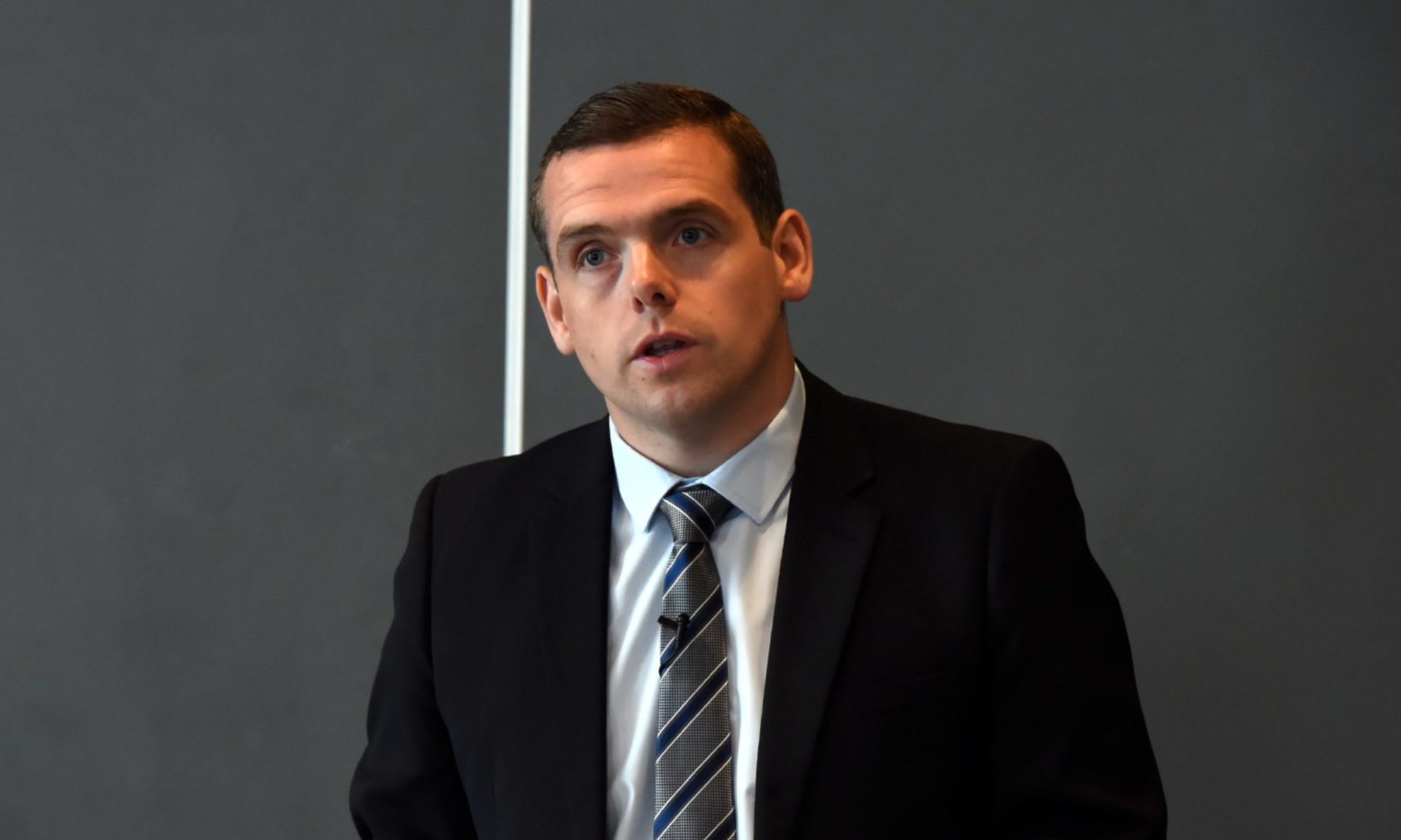I was watching journalist and television presenter Richard Madeley on I’m a Celebrity… Get Me Out of Here! the other night, and my mind drifted back to the days when we shared a classroom together.
Yes, it was the early 1970s and we were at journalism school near London.
Richard and I knocked about in a larger group of student reporters, but we had quite a lot in common. We started as cub reporters on local newspapers in the same year, in different parts of the country – he was 16 and I was 17. Our paths crossed when our bosses sent us away to college.

Richard still has the ability to always lighten the mood, so I was sorry to hear of his sudden illness on I’m a Celebrity.
Other alumni who passed through were Piers Morgan and Jeremy Clarkson. The rest is history, and Richard became a household name.
Where did I go wrong? I’m not even that well known in my own household.
Joking aside, a couple of things struck me while reminiscing. The first was how we both went into journalism straight from school. It’s a vocational route to on-the-job training and rewarding careers, which has become fashionable again in recent years in various trades and professions.
The other thing I wondered about while watching Richard was if he and the other celebs have good tax advisors.
It’s none of my business, of course. But you can’t be too careful these days, especially if you have multiple jobs.
A very non-festive time of year
I thought of this because it’s that time of year again. I don’t mean Christmas; I’m talking about the season for filling in your self assessment income tax return, with a January deadline fast approaching.
The process makes me feel more queasy than eating a plate of insects. So, just like celebrities – and quite possibly MPs and MSPs with second or third jobs who have strange memory lapses about their earnings – I’ve hired a tax advisor to sort out my financial affairs.
It sounds quite grand, doesn’t it? It isn’t, I can assure you.
The stumbling block for me has been a modest sum of untaxed income from a part-time job, but it still has to be explained to HMRC in minute detail. For such a small figure, I spend a disproportionate amount of time worrying about it, as if a team of tax investigators was watching me around the clock.
I start to panic just thinking about my shambolic online self assessment last year. I had a bad feeling as soon as I submitted it. Basically, in desperation over this complex form-filling fiasco, I ended up guessing how much tax I owed, and by some miracle they seemed to accept it.
It was hellishly complicated for me. Am I the only one?
Nearly 40% of people fill in their self assessments incorrectly
I made three stabs at offering HMRC my own self assessment figure, but none seemed entirely convincing.
The first was way over the top: in fact, it was more than the sum I actually earned, so even I knew it was clearly wrong. The next seemed far more attractive, but also ridiculously low by my rough mental arithmetic. The third was somewhere in between, so using the age-old principle of splitting the difference, I went with that.
Not surprisingly, I discovered this was wrong a year later, after summoning the courage to consult a qualified tax expert who was recommended to me. Doubts over my slapdash effort had been nagging away.
I’ve come to the conclusion that they don’t actually check DIY assessments. I could have put anything in the box – maybe even a big fat zero
It now looks like the taxman actually owes me money because my pathetic calculations were far too high. But it’s odd how HMRC never flagged this up to me. I kind of assumed they checked and verified it within seconds.
The only thing I received from them was a text a few days ago telling me to hurry up and get on with completing the next one – luckily, someone else is doing it for me now.
I’ve come to the conclusion that they don’t actually check DIY assessments. I could have put anything in the box – maybe even a big fat zero.
I wouldn’t advise this, however, as a general rule. I think HMRC has a nasty habit of carrying out random audits and you could end up in hot water eventually.
I discovered from the Institute for Fiscal Studies that nearly 40% of people filled in their self assessments incorrectly. Some underpaid through bungling incompetence, but others were consciously trying to fiddle the system.
Our personal tax accounts are now digital, of course. I recall a Treasury minister once boasting how clear this would make things.
I agree it’s certainly clearer to see on screen, but that doesn’t make it any less complicated.
David Knight is the long-serving former deputy editor of The Press and Journal



